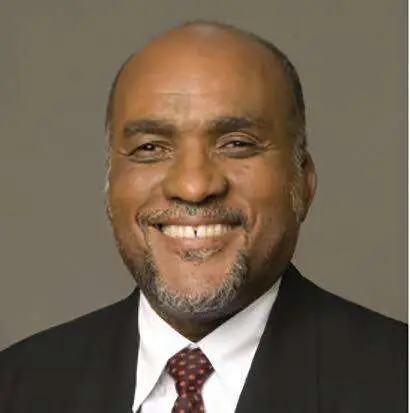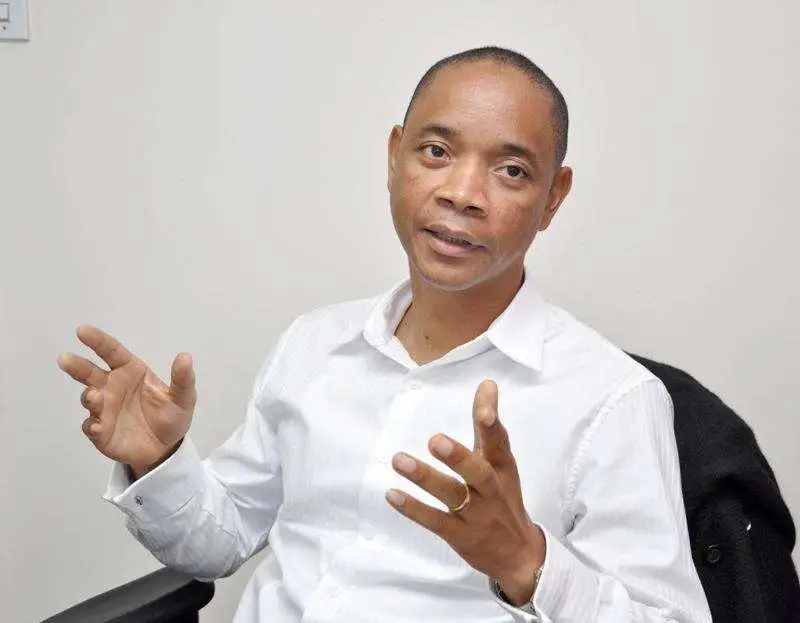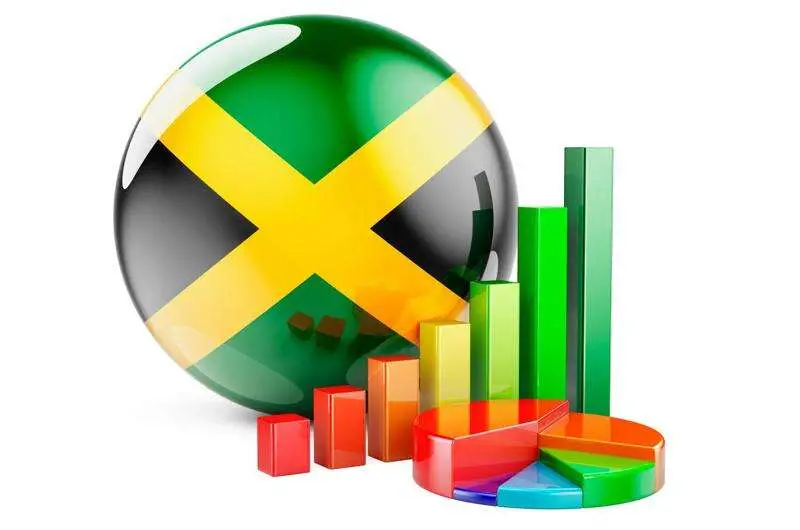
Praise deserved
Three of Jamaica’s foremost financial experts agree that the positive reviews the island received last week from the International Monetary Fund (IMF) and the prestigious Financial Times newspaper in England are well deserved as the Government has been prudent in its management of the economy, which has been described as close to a miracle.
Dennis Chung, Errol Gregory, and Keith Collister shared their views of the Financial Times report which essentially stated that Jamaica’s economic performance, in recent months, may not be the biggest such story of the past decade, but is, at the very least, one of the most intriguing.
The British newspaper reminded readers that a few years ago it ran “a chunky two-part investigation into how Jamaica found itself circling the economic drain in 2013 — after spending over half its time as an independent country in various IMF programmes — but by 2019 had managed an improbable escape and impressive recovery”.
The Financial Times noted that after that recovery, the COVID-19 pandemic had, unfortunately, hammered Jamaica’s open, tourism-dependent economy and had threatened “to undo a decade’s worth of hard work”.
The newspaper also noted that Russia’s invasion of Ukraine had delivered another blow to Jamaica’s economy, lifting inflation and further blowing out the island’s current account deficit.
Against that background, the Financial Times said it was “heartening to see the latest assessment of the IMF and its executive board”, which stated that over the past few years Jamaica has been buffeted by a difficult global environment — from COVID, the war in Ukraine, and the ongoing tightening of global financial conditions.
The IMF declared that 2022 real GDP growth is expected to be around four per cent due to “sound policy frameworks and policies prioritising macroeconomic stability”, as well as a rebound in stopover tourist arrivals amid a decline in COVID-19 cases.
However, the multilateral agency noted that global factors — in particular the impact of the war in Ukraine on commodity prices — have pushed inflation above the the Bank of Jamaica’s target band, but this is expected to decline during the course of 2023.
The Financial Times, in its report on the IMF release, noted that high commodity prices have resulted in an increase in the current account deficit. “However, international reserves remain at healthy levels [and] the financial system is well-capitalised and liquid”.
Added the Times, “There aren’t many happy economy stories out there right now, and Jamaica’s isn’t without its blemishes either.”
The newspaper pointed to the fact that the unemployment rate for younger Jamaicans remains high, at 16.7 per cent, and the economy is still some distance away from recovering to its pre-pandemic level, after a 10 per cent contraction in 2020.
“And even before then, it was struggling to discover a faster gear despite a flurry of reforms designed to improve Jamaica’s growth potential. But, compared to where the country was a decade ago — when even Jamaica’s finance minister warned that the ‘survival of the Jamaican nation as a viable nation state’ was at stake — this is as close to a miracle you’re ever likely to see,” the Financial Times said.
Chung agreed.
“The management of the economy since 2013, and during the COVID period, has been very good,” he told the Jamaica Observer.
“It is because of this prudent management, which ignored, in the main, the argument and temptation to increase social spending even more, and by extension the fiscal deficit, that resulted in the rewards we are seeing,” he said.
“It was also because of the Bank of Jamaica increasing the benchmark interest rate why we were able to avoid even more ravaging inflation. There was therefore very prudent management of the Jamaican economy during the COVID period and after, despite the political pressures from the public and the Opposition,” Chung, a chartered accountant and former Private Sector Organisation of Jamaica director, told the Sunday Observer.
He noted, however, that the country still faces the challenge of increasing productivity because of a failure to implement needed reforms, such as those in labour, as stated in the 2013 IMF agreement.
“This is why, generally, persons have not been able to see an improvement in income levels,” Chung said, adding, “The emphasis on improving law and order is along an impetus for even greater growth. But the lack of labour reform will continue to cause individuals to not see greater benefit from any economic growth…”
Gregory, in his analysis, said what was significant about both the IMF and Financial Times reports was the appearance of an improved synchronicity between the perspectives of international agencies on the economy and Jamaica’s policymakers.
“This is further evidenced by a quick look at the Monetary Policy Committee of the Bank of Jamaica’s report at the end of the year that showed, inter alia:
• Inflation has generally tracked the bank’s expectations; and
• The indicators suggest that inflation over the next three to six months will be broadly consistent with the the bank’s most recent inflation forecast.”
Gregory, an economist and university lecturer, said what is of concern, however, is that “these essentially positive reports come at a time when there is tremendous consternation [relating to] the Stocks and Securities Ltd fraud issue and its potential impact on the financial sector and on the investing public in particular”.
“Happily the minister of finance has moved quickly and announced a ‘Twin Peaks’ regulatory framework for the supervision of deposit-taking institutions and non-banking financial institutions, though this move has raised incipient concerns on the potential impact this could have on the previous dynamism of the broad financial sector,” Gregory argued.
However, he said that it is incontestable that the economy is definitely back on its pre-COVID-19 growth trajectory, adding. “To regard this as a miracle, as the Financial Times does, is hardly hyperbole.”
Collister, too, pointed to the Financial Times‘ description of the island’s economic performance as close to a “miracle”, but said it was really the result of a more-than-decade-long consensus on the need for shared sacrifice by the main actors in Jamaica — the unions, private sector, financial sector, media and successive governments— on the critical importance of balanced budgets, fiscal discipline and reducing the level of debt to a level that is sustainable for a small, open, energy-dependent country that is highly vulnerable to global shocks.
“This consensus didn’t happen by accident, building on the previous unsuccessful attempts at creating a social partnership over the previous decade as recognised recently by the governor general, including the change in approach of the new Administration in 2007 to the multilaterals, as both the IMF and Inter-American Development Bank were critical in maintaining this consensus,” said Collister, who chairs the Jamaica Chamber of Commerce’s Economic and Taxation Committee.
He pointed out that the author of the Financial Times article, Robin Wigglesworth, has recognised that Jamaica provides a tremendous example of the power of shared ownership and consensus in dealing with such an enormous problem.
Collister said, too, that while former Finance Minister Dr Peter Phillips and his team deserve enormous credit for putting Jamaica on the path to macroeconomic stability in 2013, the current finance minister, Dr Nigel Clarke, “not only took up the baton, but has steered us through one of the largest global economic shocks that the world has seen in over 40 years, which includes the unprecedented COVID shock, a European land war, the return of global inflation and the consequent unprecedented speed of global monetary tightening”.
That, Collister pointed out, resulted in Wigglesworth stating, “This is as close as the IMF comes to a standing ovation.”
Collister also noted that Dr Clarke is “putting in place long-discussed, but never previously executed reforms to institutionalise macroeconomic stability, having finally made our central bank independent, and with an independent fiscal commission to review the budget expected to come into operation this financial year”.




























